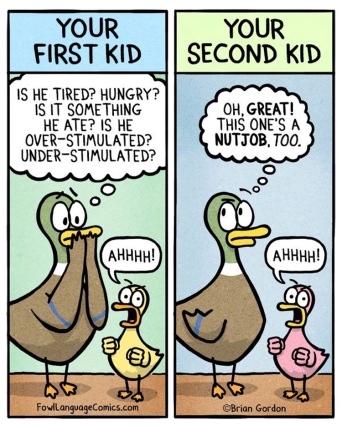As much as I love reading about new ideas and exploring new psychological formulations, some of the books that have had the most lasting impact on me are ones I encountered early in my training. “We’ve Had 100 Years of Psychotherapy – And the World’s Getting Worse” by James Hillman and Michael Ventura is one of those books.
It offers a far-ranging dialogue between the two authors, one a Jungian psychotherapist and the other a journalist. As the title suggests, many of their conversations look at the larger impact of psychotherapy on our culture – who and how it’s helped, but also who and how it’s hurt.

They argue that one of the gifts of psychotherapy is that it encouraged awareness that we as humans are more than just biological beings; we are also minds, hearts, spirits and psyches, and all of those contribute to our sense of well-being. Conversely, they propose, one of the costs of psychotherapy is that we’ve forgotten we are also biological beings.
If you think back to the last time you felt dejected, irritable or unhappy, your mind may go looking for the thing that was the cause of those unpleasant emotions. It may decide your dis-ease was attributable to your job, your love life, your kids, your partner, or all of the above. While any of those factors may have contributed, your mood state could also have been influenced by a lack of sleep, an absence (or excess) of food intake, a need for fresh air or movement, or some combination of all of those.
This is something we seem to know instinctively when it comes to reading the moods of the young people in our lives. If they are cranky or out of sorts we will first consider “Is it her nap time?” “Does he need a snack?” “Have they been sitting in this car too long?” etc. Once the children in our lives reach adolescence, we add hormones to the list of suspects we consider when making attributions about the moodiness we’re witnessing.
As adults, aside from periodically attributing our moods to hormones if we’re women (or having others make that attribution for us), we rarely consider the other physiological influences that contribute to our mood states. We become more skilled (through practice) at masking our moods. We learn how to ignore hunger, fake cheeriness, and push or caffeinate ourselves through fatigue, but overriding our biological needs is not the same as not having biological needs.
So the next time you feel your mood state has taken a dip, treat yourself with the same care and consideration you would a toddler. Do you need a nap? Are you hungry? Have you been sitting in this car too long? The world may be getting worse after (now) 120 years of psychotherapy, but taking care of yourself from the inside out can help you feel better.
